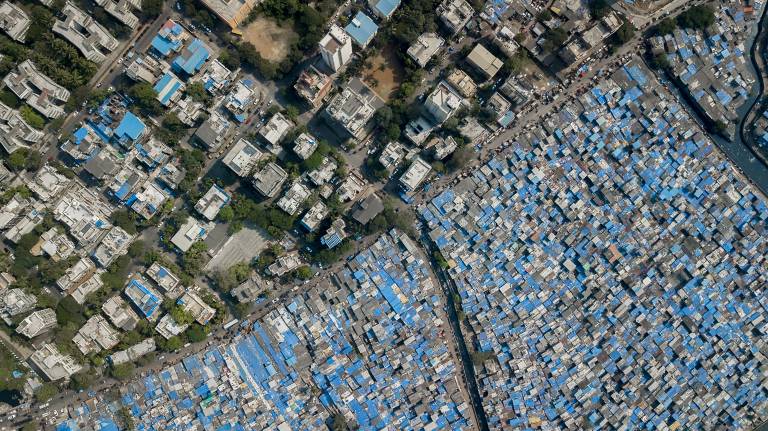UCL Stone Centre to become world-leading economics hub to understand wealth concentration
The new Stone Centre at UCL’s Department of Economics will help to transform economics education and put research at the heart of learning on wealth concentration, inequality and the economy.

10 June 2022
Economics teaching is undergoing a transformation to reflect our changing world, with a particular focus on inequalities and how they affect our culture, health and education outcomes. At UCL Economics, inequality and its drivers are studied from many angles.
Now, with a £5 million donation from the James M. and Cathleen D. Stone Foundation, UCL has established the Stone Centre, which will further advance economics research and teaching at the university and beyond to provide a clear understanding of the causes of wealth inequality, and its economic and political consequences.
The new James M and Cathleen D Stone Centre on Wealth Concentration, Inequality & the Economy is co-directed by Professor Wendy Carlin (UCL Economics), Director of the Curriculum Open-access Resources in Economics (CORE) project and Professor Imran Rasul (UCL Economics), Co-Director of the ESRC Centre for the Microeconomic Analysis of Public Policy at the Institute for Fiscal Studies.
“With equal emphasis on research and education, our programme of activity will equip students to carry out their own research.”
In addition to the Centre supporting the teaching of economics at UCL, it has strong links with the CORE project – a global community of economics researchers and instructors who have transformed economics education through open access digital learning materials. The resources developed by the CORE team are used in over 380 universities around the world, providing contemporary economics teaching that empowers students to explore and address real world problems.
“Our close links with CORE will ensure that UCL’s expertise in the economics of wealth concentration and its impacts on innovation and sustainability are central to economics education at institutions around the world as well as UCL,” explains Professor Carlin.
The Stone Centre will be a hub for a programme of studentships, research projects, visits and workshops and bring together leading economic researchers from around the world, putting research at the heart of all its activities, including student learning. At one of its first workshops participants discussed wide-ranging topics around inequality including the compounding impacts of unequal patterns of asset holdings, to exploring social policies to ameliorate inequality.
“With equal emphasis on research and education, our programme of activity will equip students to carry out their own research,” explains Professor Rasul. The Centre will also hold a competitive call for grant proposals to provide funding for research and data analysis projects.
“The Stone Centre’s success will be measured by its ability to bring together researchers from different specialisations to work on complex problems in inequality and to build on CORE's record of innovation in economics education,” adds Professor Rasul. “Our ambition is to equip policymakers and society with the tools to address the great economic questions of the day.”
 Close
Close


